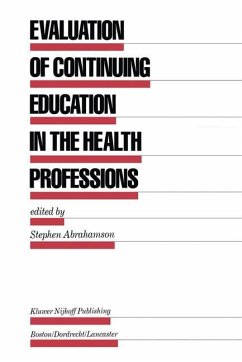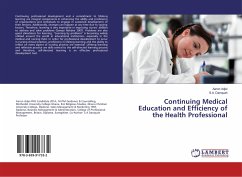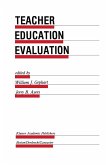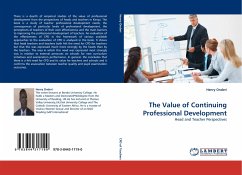Phil R. Manning "Can you prove that continuing education really makes any difference?" Over the years, educators concerned with continuing education (CE) for health professionals have either heard or voiced that question in one form or another more than once. But because of the difficulty in measuring the specific effects of a given course, program, or conference, the question has not been answered satisfactorily. Since CE is costly, since CE is now mandated in some states for re-registration, and since its worth has not been proven in for mal evaluation research, the pressure to evaluate remains strong. The question can be partially answered by a more careful definition of continuing education, particularly the goals to be achieved by CEo Another part of the answer depends on the development of a stronger commitment to evaluation of CE by its providers. But a significant part of the answer might be provided through the improvement of methods used in evaluation of continuing education for health professionals. To address this last concern, the Development and Demonstration Center in Continuing Education for the Health Professions of the Univer sity of Southern California organized and conducted a meeting of academi cians and practitioners in evaluation of continuing education. During a three-day period, participants heard formal presentations by five invited speakers and then discussed the application of the state of the art of educa tional evaluation to problems of evaluation of continuing education for health professionals.
Hinweis: Dieser Artikel kann nur an eine deutsche Lieferadresse ausgeliefert werden.
Hinweis: Dieser Artikel kann nur an eine deutsche Lieferadresse ausgeliefert werden.








